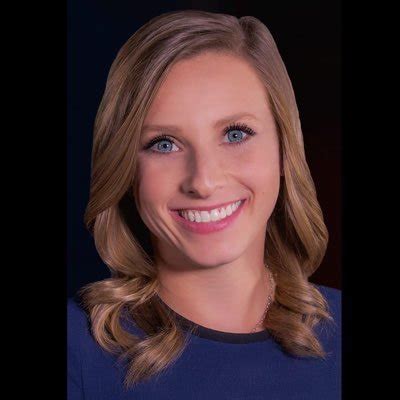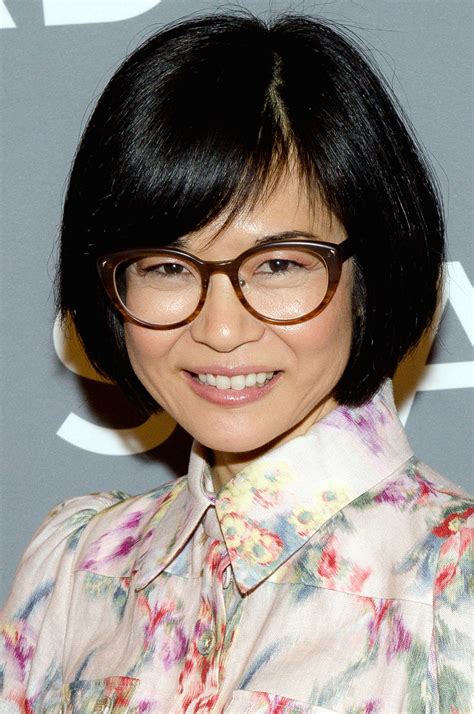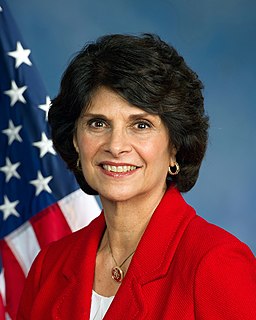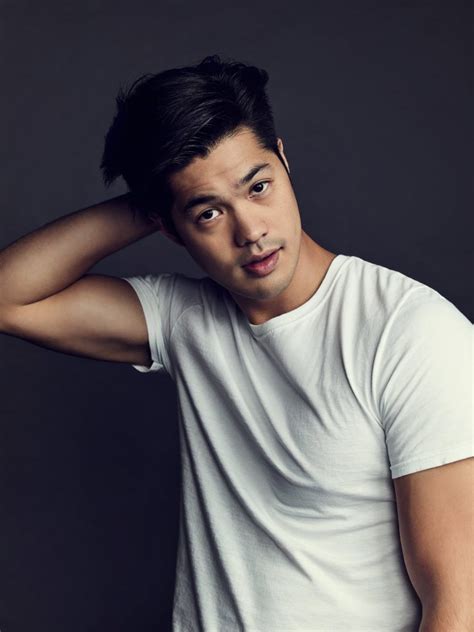A Quote by Ian Anthony Dale
As an Asian-American actor, I believe it is important to never settle for the status quo. I feel a responsibility to do everything in my power to create positive perceptions of Asian Americans through my work.
Related Quotes
Within the model minority rhetoric, Asian Americans are represented as “good” minorities and African Americans are represented as “bad” minorities. Here, the achievements of Asian Americans are used to discipline African Americans. As model minorities, Asian Americans achieved the status of “honorary Whites”. Again it is important to point out that the honorary whiteness of Asian Americans was granted at the expense of Blacks. It is also significant that as “honorary Whites,” Asian Americans do not have the actual privileges associated with “real” whiteness.
It's very difficult to be asking other people for opportunities. It is much more empowering to be creating opportunities, to be the one who is saying, 'Look, I'm going to take this from the ground up and create a story that is meaningful to me as an Asian American and cast it with Asian Americans and have Asian Americans writing it.'
I always feel like people misunderstand the difference between an Asian story and an Asian-American story. That's completely different, too. I have friends who grew up in Asia, and our experiences are so different. Even though we might look the same, I feel like being Asian and then being Asian-American is completely different.
Does people not asking me about Asian American literature mean they don't see it as its own literary tradition? I certainly believe in it as its own literary tradition, because your race plays a great factor in how you are seen by the world, and how you see the world; the fact that I'm an Asian American isn't incidental to who I am as a writer. Where it becomes difficult is defining what, if anything identifiable at all, makes an Asian American book an Asian American book, other than the fact of its creator being Asian. And I'd argue that there is nothing identifiable beyond that.
As an actor of color, I was overlooked at every possible opportunity. I was given roles that were almost not roles. It was, like, Scared Asian Guy. Whether I was a scared Asian guy in front of a computer or a scared Asian guy getting robbed in the grocery store, I always played these pathetic, low-status characters.
As a community, we're fighting for Asians to play Asian roles. And then there's the other battle, which is Asian Americans playing roles that aren't written for Asians, and I think that's something that completely should happen; Why can't an Asian American male just play a leading cop figure... or the Matt Damon roles?



































